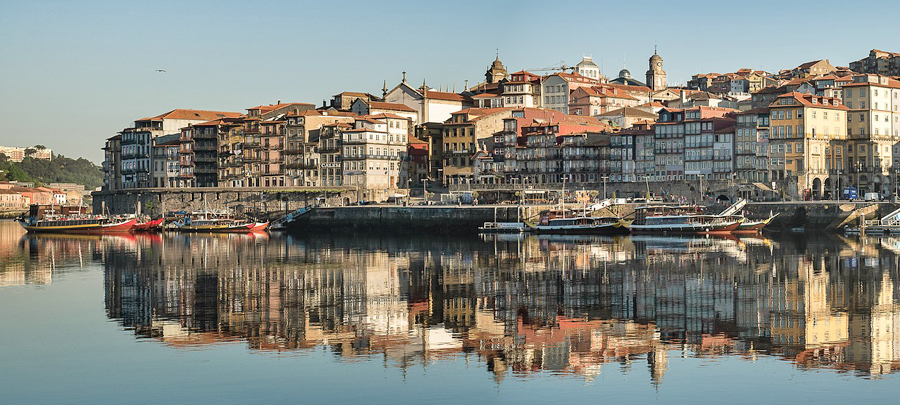Portugal has been a major economic power since the 15th century, mainly due to its strategic position which allowed trade – imports and exports to flourish. Still one of the top 50 economies Portugal’s economy is slowly improving after a period of decline, seeing a rise of 2% in 2024 after an impressive growth of 6.7% in the previous year. Portugal’s main imports remain fish, meat, and fresh fruits and vegetables. As Portuguese consumers continue seeking new flavors, healthier options, and sustainable products, Portugal’s food importers are adapting their strategies to meet these demands.
Portugal is an important gateway into different markets as it keeps close business ties with countries and territories including Brazil, Macau, Angola, Mozambique, and other African countries, where over 250 million people speak Portuguese.
Portugal is also an excellent entry point into the EU market because due to a deficit in agricultural and food goods it relies on imports to supply its population.
Portugal’s main trade partners when it comes to food imports are Spain, with over 40% of total imports originating in the neighboring country, followed by France, Italy, the U.K., and the United States.
MAIN FOOD IMPORTS AND OPPORTUNITIES
Fish
Traditionally a naval power, Portugal has had a strong tradition in the fishing sector and it is one of the countries with the highest fish consumption per capita. Despite significant national production, the Portuguese local market cannot satisfy the need of the population and fish and seafood imports are growing. Portugal’s leading suppliers are of course Spain, with over 35%, followed by the Netherlands, Sweden and Denmark. Russian imports saw a significant drop in the last years.
In 2023 Spain’s fish and seafood imports reached US$ 2.38 billion.
Fresh Fruits & Vegetables…plus nuts
The imports of vegetables and fruits and certain roots and tubers grew in the last year with approx. 10%. Citrus fruits and melons are among the favorites and the import value was US$340 million.
Portugal imports the majority of fruits from Spain, with import values from this country rising substantially to US$603 million, followed by South Africa (US$154 million) and Costa Rica (US$71 million). Trade dynamics changed significantly in this sector in the last years, as Brazil used to be Portugal’s second largest supplier for a while.
For vegetables, Spain is once again the major exporter, with US$500 million, while other countries from the EU, such as France and the Netherlands follow.
When it comes to nuts, almonds, pistachios and walnuts are in big demand. For almonds, major supply sources are Spain, the USA, Germany.
Pulses, especially dry edible beans, are a staple in the Portuguese diet, driving high domestic consumption in the market and growing imports. Portuguese vegetable importers rely on markets such as Argentina, Canada and Spain.
Meat
Portugal is also importing significant amounts of meat, with imports of meat rising from the previous year with 12%. The total import value of meat in 2023 was US$1.77 billion, which is an impressive 50% increase in value compared to 2020.
The leading supplier is again Spain, followed by the Netherlands, France, Poland and Ireland.
TRENDS
- Portugal’s popularity as a tourist destination is also complemented by food tourism and has contributed to increased demand for imported food items.
- The expansion of supermarkets and hypermarkets continues to create opportunities for international food brands that can increase sales volumes in Portugal and reach a wider territory.
- The increasing use of e-commerce and online food delivery platforms presents opportunities for food importers and food brands to reach a wider audience.
3 Food Importers from Portugal:
- AquiFruta
Address: Zona Industrial De Taboeira, Lote 24, Aveiro
Phone: 00351234315167
Website: www.aquifruta.pt - Henrique Fiel Lourenço
Address: Rua Alfredo Dinis 74, Lisboa
Phone: 00351219739230
Website: www.fiel.pt - Anamac Unipessoal
Address:Travessa Monte Da Bela, Nº73 M , Ermesinde
Phone: 00351220990598
Website: www.anamac.com
To get access to a list of more active food importers from Portugal, you can access one of the BestFoodImporters databases.
